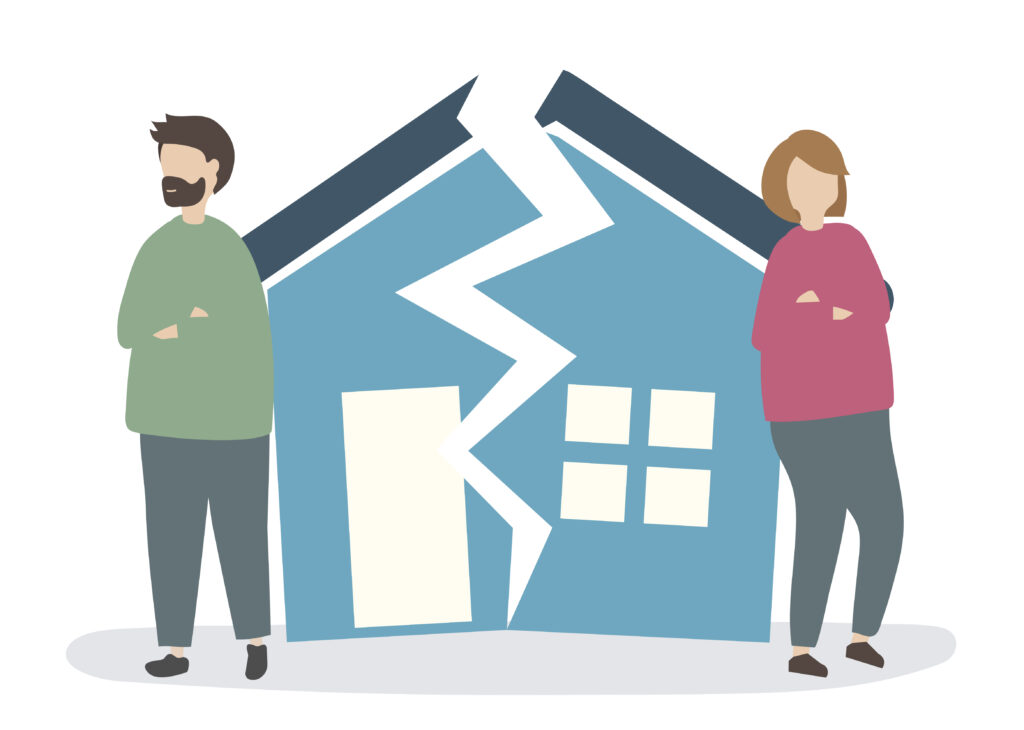Last updated on December 20th, 2024 at 01:32 pm
When a relationship deteriorates, it may be tempting to be the first to file for divorce. However, there are several disadvantages to filing for divorce first that should be considered before making this decision.
In conclusion, deciding to file for divorce first should be a carefully considered choice. Weigh all potential disadvantages before proceeding, and consult a professional for guidance and support.
Is it better to be the one who initiated the divorce?
There is no definitive answer to whether it is better to be the one who files for divorce. In some instances, being the first to file may provide the individual with an advantage in setting the terms of the divorce and controlling the timing of the process. However, in other situations, being the one who files first can also lead to negative consequences, such as being perceived as aggressive or hostile. Ultimately, it is crucial to evaluate your personal circumstances and consult with a legal professional before deciding to file for divorce.
What are the disadvantages of divorce?

Divorce can entail several disadvantages, including:
Financial strain: Divorce frequently entails the division of assets, debts, and property, leading to financial strain for both parties.
Emotional distress: The conclusion of a marriage can be a profoundly emotional and stressful period, resulting in feelings of sadness, anger, and grief.
Changes to family dynamics: Divorce can significantly affect family relationships, particularly when children are involved.
Impact on children: Children can be significantly impacted by the stress and turmoil of their parents’ divorce, which may result in potential long-term emotional and psychological effects.
Who Loses More in a Divorce?
Determining who suffers more in a divorce is challenging, as both parties can experience significant losses. Some common losses include:
It is important to keep in mind that although divorce can lead to losses for both parties, it can also offer an opportunity for growth, healing, and a fresh start.
When is Divorce the Best Option?
Divorce may be the best option when a relationship is no longer working and all efforts to resolve issues have been exhausted. However, it is crucial to consider the impact on children, family, and finances before making a decision. In some instances, couples may benefit from seeking counseling or therapy to address their problems. Ultimately, the decision to divorce should be carefully contemplated and made with the guidance of a legal professional.
What is the number one reason for divorce?
Infidelity is frequently mentioned as the primary reason for divorce. Nevertheless, numerous other factors can lead to the dissolution of a marriage, including:
Is divorce better than remaining in an unhappy marriage?

Divorce may be preferable to remaining in a bad marriage in certain situations, but this is a question that must be answered on a case-by-case basis. Some individuals find happiness after a divorce because it offers them a chance to start anew. Some couples may choose to attempt to repair their marriage instead of separating. It is essential to carefully weigh the advantages and disadvantages of each option before reaching a final decision. Relevant considerations may include the individual’s values, beliefs, and goals, as well as the impact on children, family, and finances.


